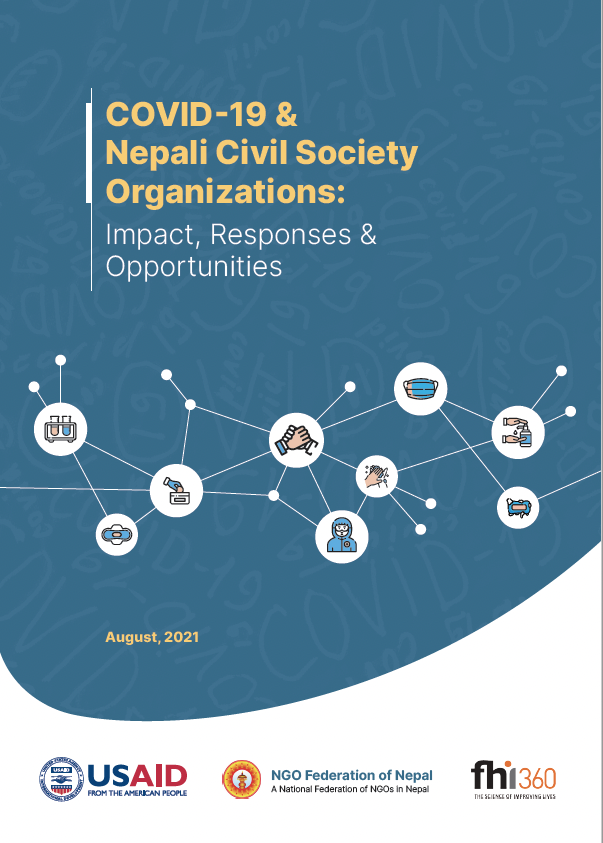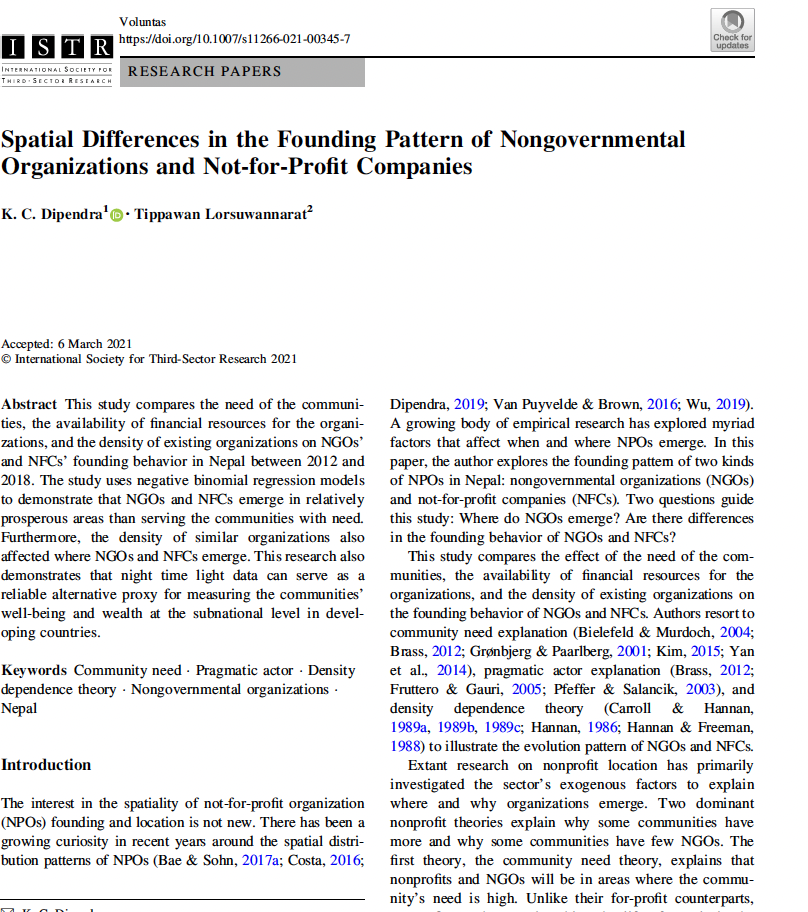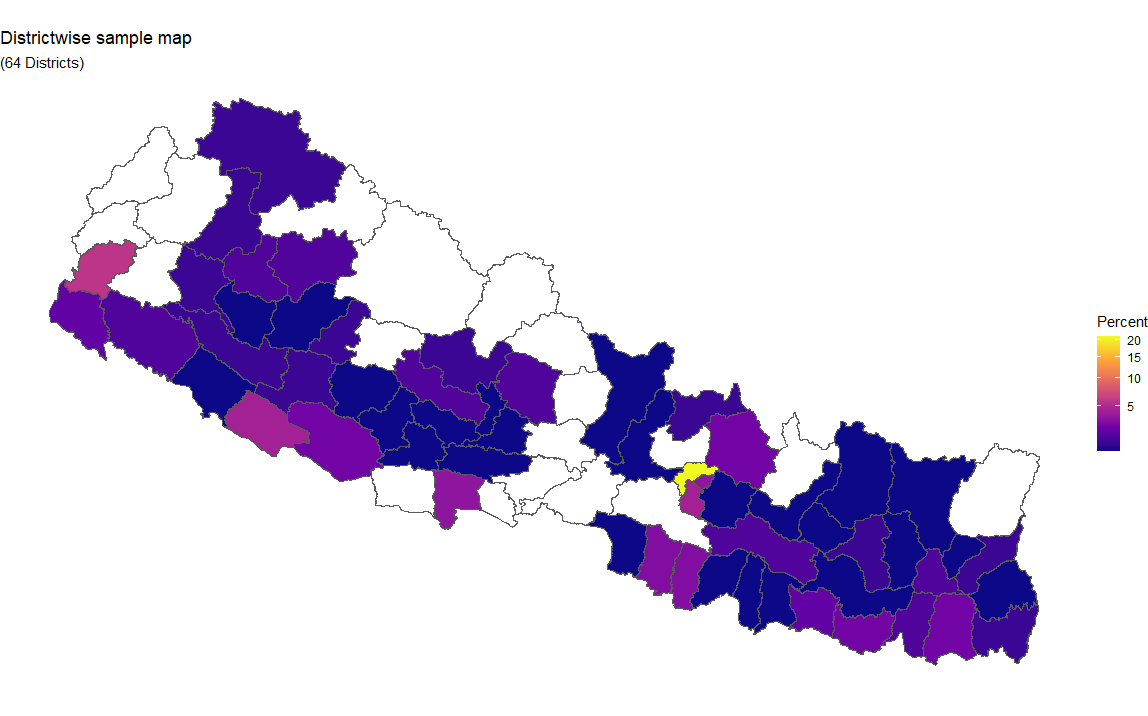-

COVID-19 and Nepalese Civil Society Organizations: Impact, Responses, and Opportunities
The study highlights the significant impact of COVID-19 on Nepali civil society organizations (CSOs), with 87% reporting reduced service delivery capabilities. New registrations declined by 89%, and many organizations faced funding challenges and concerns about layoffs. Despite struggles, CSOs mobilized significant resources, contributing around USD 30 million during the pandemic.
-

Spatial Differences in the Founding Pattern of Nongovernmental Organizations and Not-for-Profit Companies
This study analyzes the founding behavior of NGOs and NFCs in Nepal from 2012 to 2018, highlighting that they are more likely to establish in prosperous areas rather than those in need. Additionally, it finds that the density of existing organizations influences their emergence, and nighttime light data is a useful proxy for assessing community…
-

Do NGOs Go Where They Are Needed?
Billions of dollars flow into Non-Governmental Organizations (NGOs) each year, but there are important gaps in our understanding of how these funds are put to use. One interesting area is the location choice of NGOs and the factors that underpin those decisions. Nepal presents an interesting case study, as it has experienced rapid growth in…
-

Thailand’s amazing March 24 elections: From the eyes of an international observer
Soon after the Asian Network for Free Elections (ANFREL) received accreditation from the Election Commission of Thailand (ECT), this author was invited to join the network’s election observation mission (EOM) as an official international observer. Coming from Nepal, a country which has experienced significant political upheavals over the past 13 years—including the end of a…
-

Sweeping (away) generalisations
The skepticism towards NGOs in Nepal reflects a broader mistrust rooted in public rhetoric, exacerbated by misinterpretations of statistics. Despite criticism, NGOs contribute significantly to civil society, and sweeping generalizations hinder understanding. It’s crucial to recognize their positive impact amidst accountability issues and increasing governmental scrutiny, highlighting a need for nuanced perspectives.